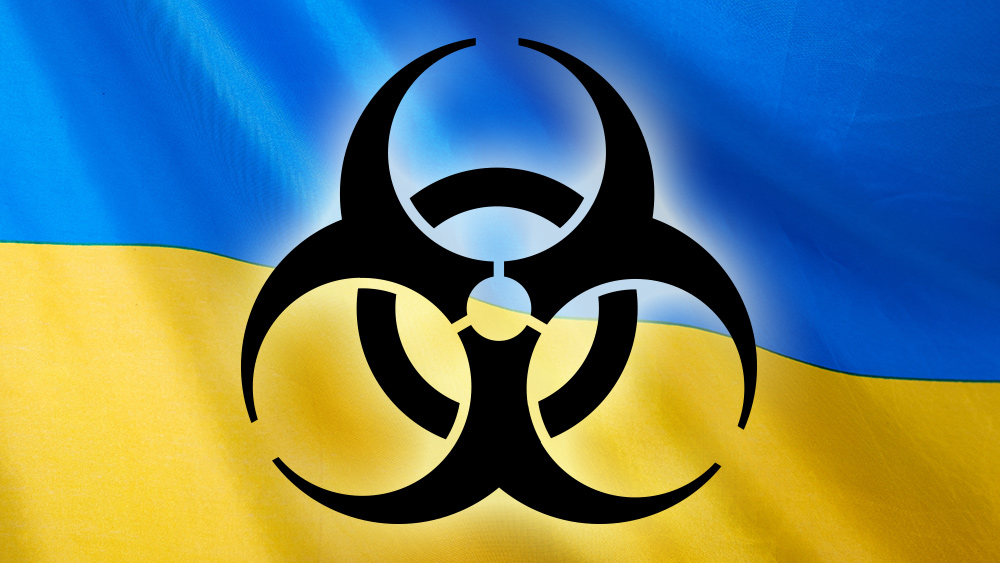CDC’s expansion of vaccination schedule for Americans sparks controversy
02/21/2024 / By Ava Grace

The Centers for Disease Control and Prevention‘s (CDC) decision to expand the vaccination schedule for Americans has sparked controversy.
According to a report by Natural Health 365, “in recent years, the childhood injection schedule has expanded beyond addressing the diseases most commonly affecting children – such as measles, mumps and rubella.” True enough, the CDC has proposed further additions to the vaccination schedule. It released the updated schedule in September, which is months earlier than usual, to speed up insurance payments for the newly-recommended vaccines.
The updated schedule now includes several new diseases – monkeypox, respiratory syncytial virus (RSV), Wuhan coronavirus (COVID-19) hepatitis, human papillomavirus (HPV), flu and pneumococcal disease.
“The escalation in the number of shots administered at closely spaced intervals during childhood has raised significant concerns,” Natural Health 365 pointed out. “Some childhood advocacy groups are now questioning the CDC’s motives and the safety measures involved in recommending these alterations to the [vaccine] schedule.” (Related: RSV introduced into population by polio vaccines; now Pfizer’s RSV vaccines risk harming, killing people.)
Moreover, some critics have dubbed the escalating number of injections as “a risky medical experiment.” For example, children aged zero to 18 may now require up to 80 injections, representing a significant increase from the 1983 recommendation of just 11 shots.
They also argue that the CDC hasn’t subjected the entire childhood immunization schedule to thorough safety or efficacy testing. The public health agency is also in hot water for its prioritization of shots over broader public health concerns and its susceptibility to pharmaceutical influence.
Several experts voice out opposition to CDC’s vaccine push
Several medical experts voiced out their opposition to the CDC’s expansion of the immunization schedule to include recent diseases.
“This amounts to nothing more than a very dangerous medical experiment foisted on America’s infants and children,” said Brian Hooker of Children’s Health Defense. He also noted that the CDC has never tested the efficacy or the safety of the entire childhood vaccination schedule.
“The CDC continues to function as a powerful promoter of vaccines, not as a protector of public health,” said integrative physician Dr. Mary Kelly Sutton. She added that there is little evidence of vaccines’ effectiveness and a lack of officially accepted research on their adverse effects.
“The CDC could give wise guidance on vaccines but has so far accepted ACIP [Advisory Committee on Immunization Practices] approvals without studies,” remarked Sutton, who who lost her license in three states for writing eight COVID-19 vaccine exemptions in California. “Universally, vaccines lack true placebo controls, and recently, lack human trials of any kind. The sad truth is pharma money rules the CDC, and the American people … are deceived and placed at risk.”
“It’s an outrage,” said pediatrician Dr. Michelle Perro. “It’s not necessary and they’re hurting our children.”
Head over to CDC.news to find more stories about the public health agency’s promotion of COVID-19 vaccines and other deadly injections.
Watch Dr. Janette Nesheiwat explain to Tucker Carlson why the COVID-19 vaccine shouldn’t be included in the CDC’s childhood immunization schedule.
This video is from the Chinese taking down EVIL CCP channel on Brighteon.com.
More related stories:
Sources include:
Submit a correction >>
Tagged Under:
biased, big government, Big Pharma, CDC, Centers for Disease Control and Prevention, chemical violence, childhood vaccination, children's health, expansion, immunization, immunization schedule, pharmaceutical fraud, vaccine wars, vaccines
This article may contain statements that reflect the opinion of the author
RECENT NEWS & ARTICLES
PharmaceuticalFraud.com is a fact-based public education website published by Pharmaceutical Fraud Features, LLC.
All content copyright © 2018 by Pharmaceutical Fraud Features, LLC.
Contact Us with Tips or Corrections
All trademarks, registered trademarks and servicemarks mentioned on this site are the property of their respective owners.


















